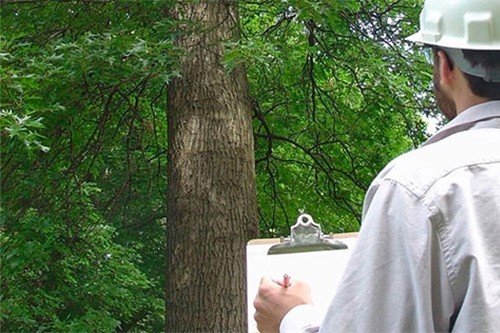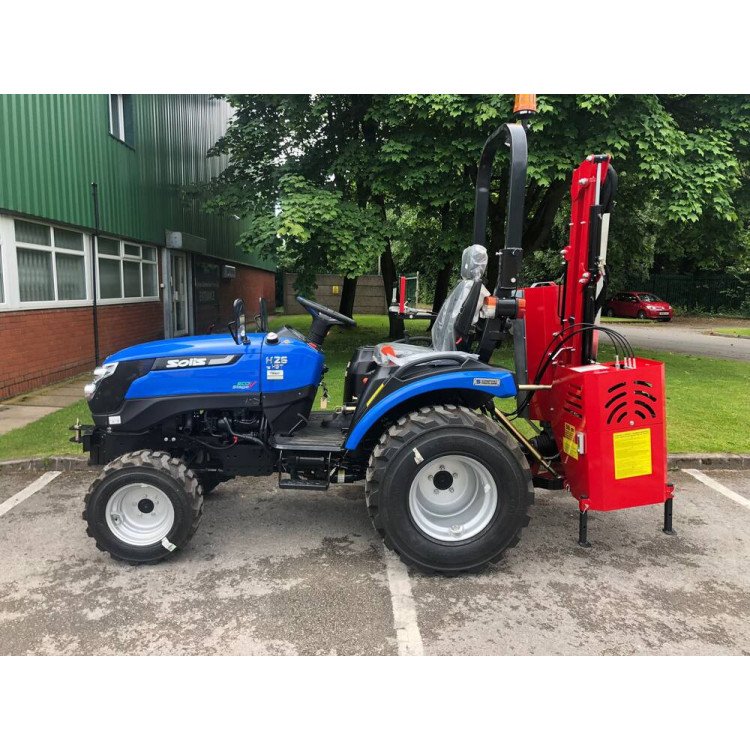The story of Daniel and Greg Hale Maryland reads like a local blueprint for modern leadership. Rooted in community values, their work blends business savvy with civic-minded action. This article explores who they are, what they’ve built in Maryland, and the practical lessons you can borrow from their example.
Who Are Daniel and Greg Hale? — Background and Maryland Roots
Daniel and Greg Hale grew up with Maryland’s community spirit shaping their outlook. From early years they learned the value of service and hard work. Those formative experiences later translated into careers that balance entrepreneurship with local stewardship.
- Daniel Hale focuses on strategic planning and organizational growth. He brings structure and long-term vision to projects.
- Greg Hale emphasizes technology and operational innovation. He pushes systems to become more efficient and accessible.
Together, their complementary skill sets create a partnership built on mutual respect. They value local relationships and prioritize projects that return benefits to Maryland neighborhoods.
Early Education and Formative Experiences
Both brothers pursued education that fused practical skills with civic understanding. They studied fields that emphasize systems thinking, critical problem solving, and collaborative work. Those academic foundations helped them navigate complex projects and lead cross-functional teams.
Early mentors in Maryland—teachers, coaches, and local entrepreneurs—helped shape their ethical outlook. Those influences encouraged them to measure success by impact rather than just profit. That mindset shows up in every initiative they sponsor.
Professional Contributions — Business, Technology, and Community
The Hale brothers have built a portfolio that spans business development, tech integration, and community programming across Maryland. Their approach mixes commercial outcomes with social value.
Business Leadership and Strategic Growth
- Launching or advising small and medium enterprises that prioritize local hiring.
- Designing growth strategies that emphasize sustainability and resilience.
- Encouraging regional networks so businesses support each other.
Their strategic work focuses on practical metrics: customer retention, community hiring, and service reliability. They favor incremental wins that compound into long-term stability.
Technology and Operational Modernization
Greg Hale’s work often centers on making legacy systems easier to use. That includes:
- Streamlining administrative processes with simple automation.
- Improving digital access for small organizations.
- Training staff to use tools that reduce repetitive work.
These efforts lower overhead and free up local teams to focus on mission-driven work.
Case Study — The Hale Mentorship Initiative (Illustrative)
Problem: Small Maryland entrepreneurs lacked reliable mentorship and practical business skills.
Solution: A recurring mentorship program pairing local founders with volunteer advisors.
Approach: Monthly workshops, one-on-one coaching, and a resource portal for templates.
Outcome (illustrative): Stronger business plans, clearer revenue models, and expanded local networks.
This case study captures the kind of community-centered intervention the Hales favor. It’s practical, repeatable, and designed to scale across towns with limited access to traditional business services.
Philanthropy and Civic Engagement in Maryland
Daniel and Greg Hale emphasize service as a core part of their identity. Their civic work includes:
- Supporting educational scholarships for local students.
- Backing workforce development programs that teach trade and digital skills.
- Partnering with nonprofits to improve food security and health outreach.
Their philanthropic style focuses on leveraging existing local assets. Instead of building parallel systems, they strengthen community organizations so support remains local and sustainable.
Leadership Philosophy — What Drives Daniel and Greg Hale
Their leadership rests on four practical principles. Each principle guides decisions and day-to-day work.
| Core Value | What It Means | How It Shows Up |
| Integrity | Lead openly and keep commitments | Transparent reporting and fair contracting |
| Collaboration | Work with partners, not above them | Joint ventures with local nonprofits |
| Practical Innovation | Improve systems without overcomplicating them | Incremental tech upgrades with training |
| Service | Measure success by social impact | Programs tied to measurable community outcomes |
They prefer small experiments over sweeping changes. That approach reduces risk, produces fast feedback, and builds stakeholder trust.
Programs and Projects — Concrete Examples
Below are types of initiatives the Hales support or lead. Each item focuses on measurable returns for local people.
- Entrepreneur Clinics: Short workshops teaching cashflow basics and customer discovery.
- Digital Literacy Drives: Training sessions to help small teams adopt common productivity tools.
- Youth Mentorship Circles: Regular mentorship that pairs students with business volunteers.
- Micro-Grant Programs: Small capital injections to test product-market fit in local ventures.
These programs aim to create durable outcomes: jobs, sustainable services, and community capacity.
Measurable Impact — What to Track
To judge success, the Hales use simple KPIs that matter locally. These include:
- Number of jobs created or retained.
- Percentage of program participants who launch or scale ventures.
- Improvement in service delivery times after process upgrades.
- Rates of digital adoption among participating organizations.
Tracking these metrics keeps interventions accountable and helps iterate on what works.
Lessons for Leaders — Takeaways from Daniel and Greg Hale Maryland
If you want to emulate their approach, start with these actionable principles:
- Begin with local needs. Solve real problems people experience daily.
- Prefer small, rapid experiments. Learn fast from low-cost pilots.
- Measure impact simply. Use a few strong metrics rather than a long list.
- Invest in people and processes. Tools help but people make change stick.
- Build partnerships. Collaborate with existing community actors to scale impact.
These lessons are practical and repeatable in many regional contexts.
Common Challenges and How They Handle Them
Local leaders face predictable obstacles. The Hales address them with clear tactics.
- Limited funding: Use staged grants that unlock more support after milestones.
- Resistance to change: Start with champions who demonstrate quick wins.
- Capacity gaps: Pair volunteer experts with paid staff for sustainable handoffs.
- Siloed organizations: Create cross-sector tables for shared problem solving.
Their responses stress resilience and community ownership.
FAQs — Quick Answers About Daniel and Greg Hale Maryland
Q: Who are Daniel and Greg Hale?
A: They are Maryland-based leaders focused on business growth, tech modernization, and civic programs.
Q: What do they do in the community?
A: They run mentorship initiatives, support workforce training, and back small-business modernization efforts.
Q: How do they measure success?
A: They track job creation, venture sustainability, service improvements, and adoption rates for new tools.
Q: Can their model be replicated?
A: Yes. Their small-experiment, people-first approach works across towns and sectors.
Conclusion — Why Daniel and Greg Hale Maryland Matter
The work of Daniel and Greg Hale Maryland illustrates a simple truth: local leadership moves communities forward. Their blend of strategic thinking, practical innovation, and deep commitment to service creates change that lasts. For anyone looking to build impact at the community level, their model offers a clear, adaptable path.















Leave a Reply